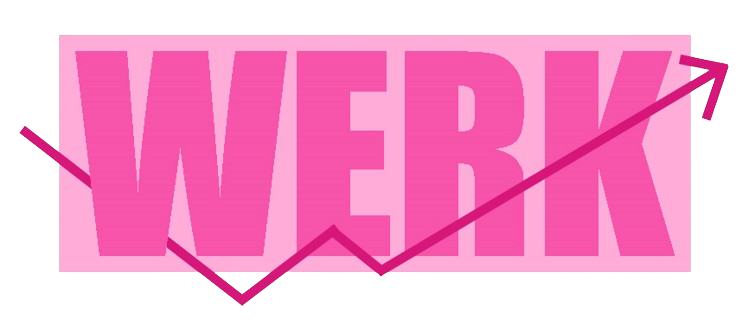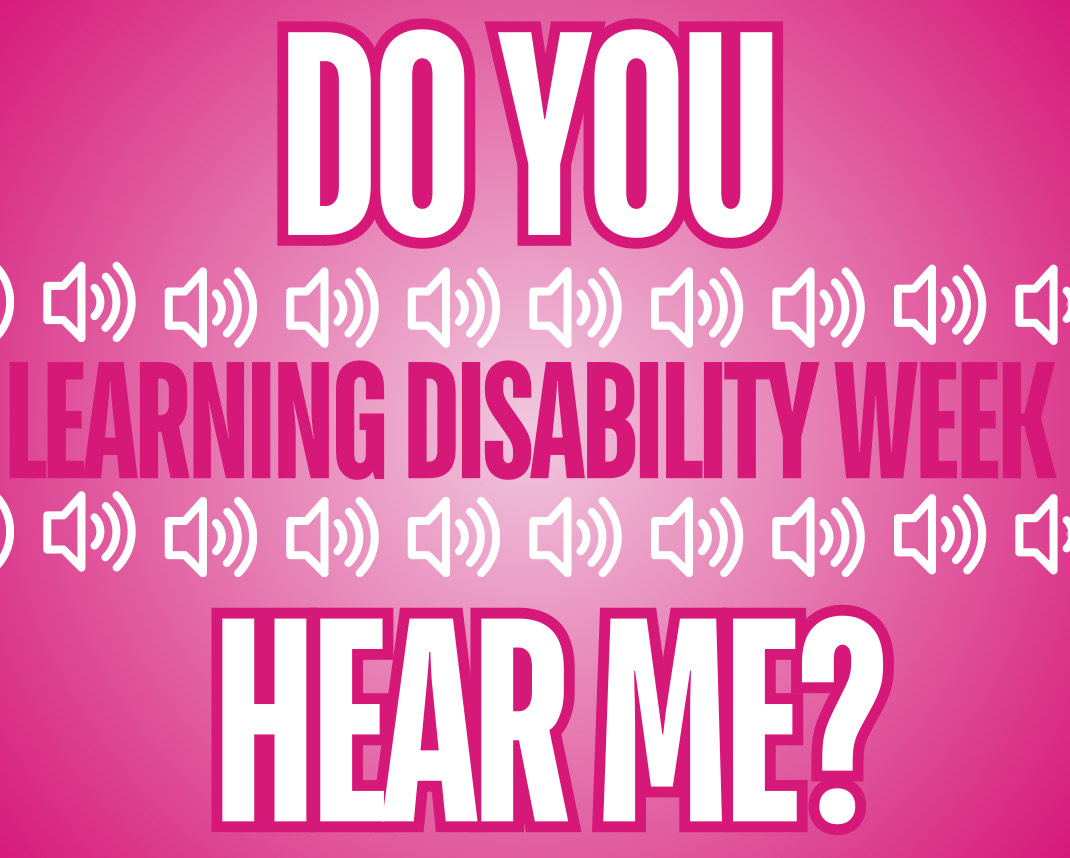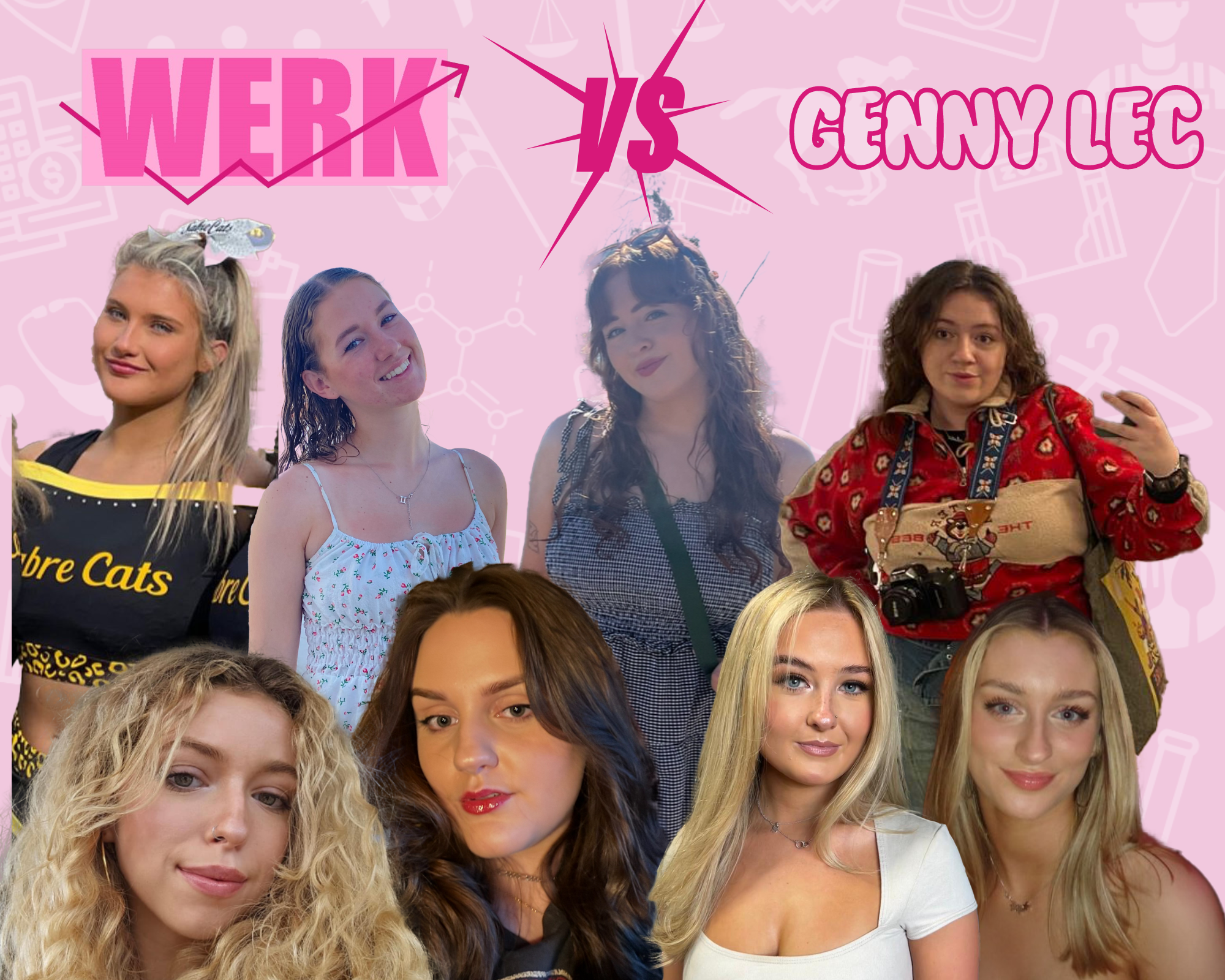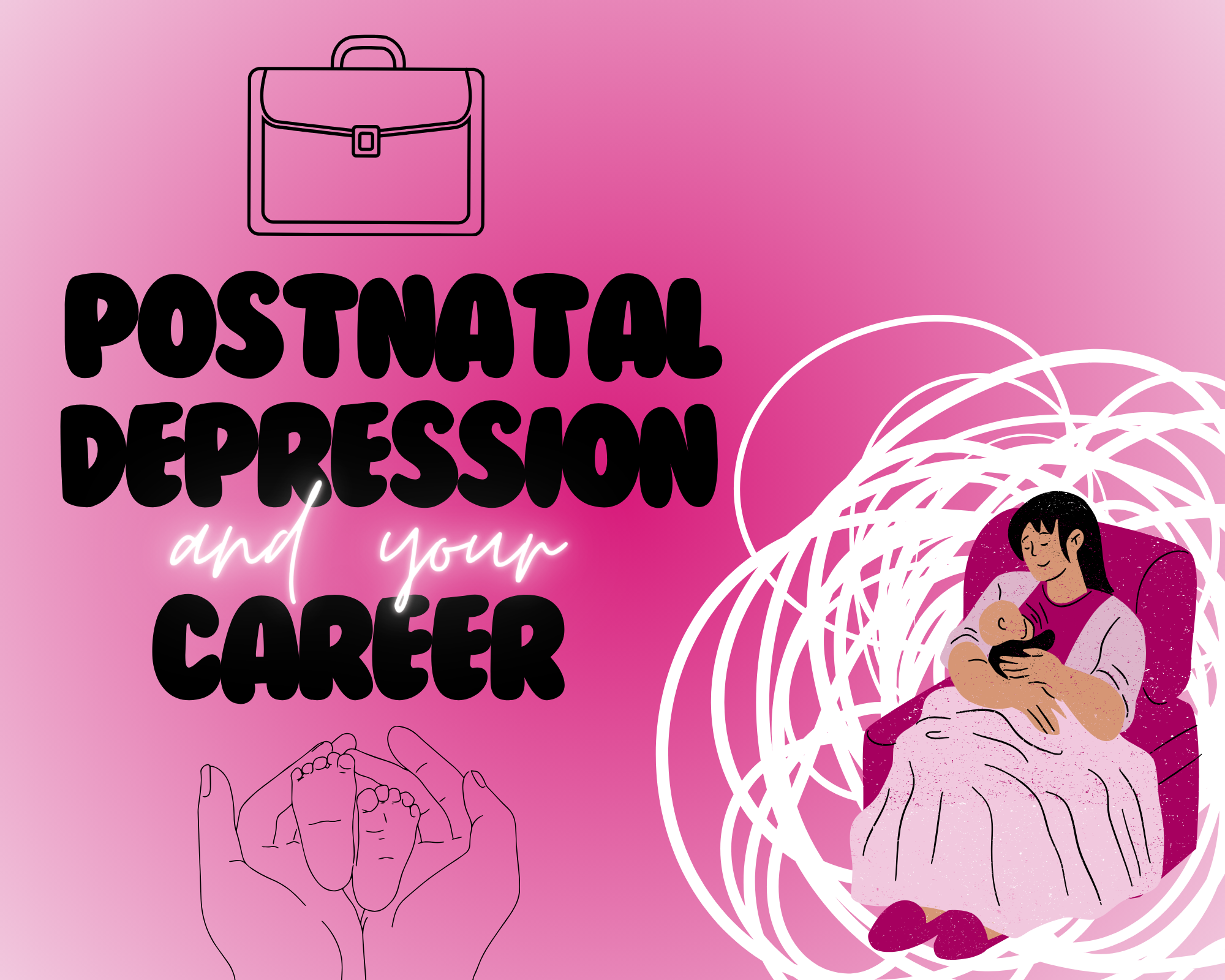Why is it important to continue raising awareness on learning disabilities and keep the conversation ongoing?
With Learning Disability Week approaching on the 17th to 23rd June, UK charity Mencap are celebrating and supporting people with learning disabilities and their families and caregivers. Mencap have a different focus point for each day of the week and this includes the topic, ‘Do you hear me?’.
Caroline Bateman, learning consultant and founder of Achieve Now, explains how her personal experiences with dyslexia and her children’s diagnosis aided her to help dyslexic and neurodivergent students, particularly those that struggle with literacy, to perform well in school.
In addition, Caroline helped train teachers to know how to support neurodiverse students and embed inclusive practices throughout the teaching program at Kingston University. She is now a Senior Lecturer at the university and aims to continue her work with educating professionals on dyslexia, as many people are diagnosed later in life, including at university level.
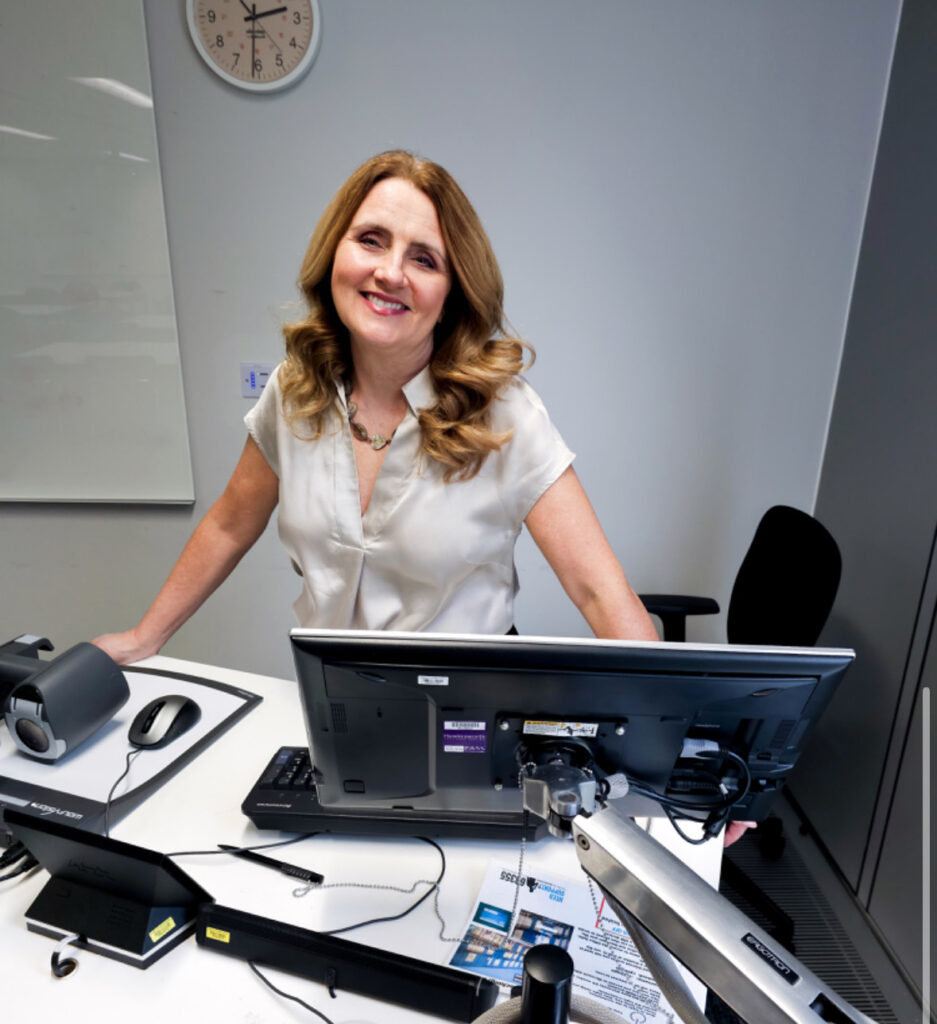
“I think there is still so much to do around undiagnosed dyslexia. I only figured out myself that I was dyslexic after my children were diagnosed as I realised it was genetic. It was so obvious looking back yet my own children weren’t picked up at school. Nobody said they were dyslexic. In fact, another mom said to me, “I think our kids are dyslexic”.
“My son is profoundly dyslexic and when I asked the school and the SENCO who was my son’s class teacher if they thought he was dyslexic, they said definitely not. ‘He’s got some issues, but he’s definitely not dyslexic.’ And I believed them as they were educational professionals. However, we don’t train professionals to identify dyslexia and if we do, identification is not enough. Identification is just the first hurdle and it should open up lots of resources but it doesn’t.”
“I saw my children and they looked like they were bright to me but they were failing in school ridiculously. We moved schools and they were still failing. It was only when I got very involved in their learning, that I realised that they needed help figuring out how to actually learn. Most schools teach History, Biology and Maths, but they don’t teach you how to learn and some people need to be explicitly taught how to do that.
“I figured out how to do that on my own but that doesn’t mean other students should have to.”
For Zoe-Jane Littlewood, being a dyslexia advocate and running her Instagram account ‘The Dyslexic Movement’ may not be her full time job, but it is her passion.
“My day job is an education and skills team leader and is all about providing free sports for 11 to 29 year olds. I help young people get back into employment if they’ve fallen off or they’ve never had a job before and get them on the employment ladder.
“The Dyslexic page was a personal project that I started during Covid. I’ve always known I was dyslexic and I was screened in Year six but I wasn’t officially diagnosed until University. I’ve never actually known what dyslexia was so during Covid I went down my own personal journey, which I then decided to share with everyone.
“One of the biggest things is because it’s not a physical disability a lot of people believe it doesn’t exist. So you are already at a battle of trying to tell people you are different. My brain works differently, which isn’t a bad thing, but it does mean I struggle and face challenges. I think it’s important we spark the conversation, because nothing will happen if we don’t. If we don’t speak up for what’s right and we don’t make people aware. We get put into boxes, and then it’s not a level playing field.
According to the British Dyslexia Association, 10% of the population are believed to be dyslexic. Zoe explains how it is key for dyslexic voices to be heard and break those societal barriers and labels. Zoe believes social media is a key tool in building a community of people who can share their experiences with no judgement.
“There’s lots of people that will go to social media to find answers and you’ll see tik toks and great content creators that show what it’s truly like to be dyslexic. These platforms are showing accurate representations of what it’s like to be dyslexic and showing you that it’s alright if you forget certain things, or if your spelling is not great, like these things are really normal.
“We celebrate so many things and dyslexia is such a common disability that people have, so bringing awareness to it should just be normal. Just how we celebrate race and ethnicity and gender; disability, especially learning disabilities, is equally as important. And again, I think it always just comes comes to it not being a physical thing.”
Zoe emphasises how education is key for raising awareness as many people don’t know what dyslexia actually is. She explains how dyslexia does not just effect one’s reading and writing skills but their working memory and communication too.
“I think it’s important we have a week to really share awareness of what it looks like in real life context, and not just in school where a young person who’s reading and writing isn’t great. I think that’s super important, because it gives context to an actual disability, which is so common.”
Our education system plays an important role in raising dyslexia awareness and ensuring learning is accessible. Caroline critiques how our education system is designed in the way that we read in order to learn and we write in order to be assessed.
“This works for 75% of students but not if you struggle with reading and writing. It’s so easy to compare yourself to your peers who are reading and writing easily as you assume you’re dumb, your school assumes you’re dumb, and your parents assume you’re dumb. And in actual fact, you can be incredibly capable.
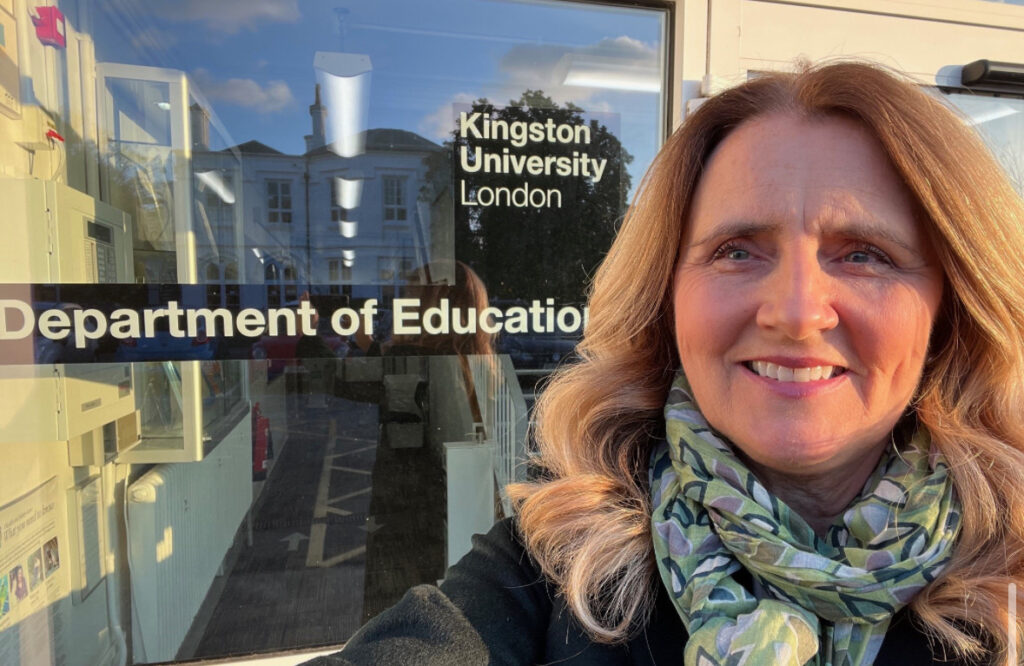
“We’ve got to somehow divorce literacy and intelligence as they are not the same thing. Being intelligent is the ability to take in skills or knowledge and it’s got nothing to do with reading and writing. And yet we have them so closely together, that most exams in the education system are a test of speed reading and speed writing.”
She explains how you can have all the knowledge in your head, but if you can’t get it down on paper in a short time frame this will affect your grades, even if you are really gifted in a subject.
“It is a waste of talent in society and these people that are very bright leave school thinking they’re not and are less likely to get good jobs. We are not setting people up for success, but frustration and failure.”
Many students struggle with low self esteem as a result of this, especially when parents and teachers do not believe that they have a learning disability as it is not visible. Caroline emphasised how schools need to listen to parent’s concerns and ensure young people are supported in their educational needs.
“I know a lot of mums or parents have been made to feel like they were neurotic, only to be proved right later on, very often when it’s too late. As if you find out after your child hasn’t done well in their GCSEs that can effect their career path. They may feel more obliged to do a non academic trade and it’s not because they’re not capable, it’s just because they found out too late.”
Funding is a key factor to the lack of diagnoses within dyslexic people as for Zoe, she was diagnosed in university as the funding for screenings and testing is more accessible than it is in schools. As well, educating teachers to pick up on dyslexic traits is key in the diagnosis process.
“There is a lack of learning disability mentors in schools so young people either struggle on their own and just get by with ok grades or end up going to a specialised school but then are completely put in a box. Learning disabilities not being picked up in schools can lead to students being sent to alternative provision schools and falling down the wrong path. And this is something that’s happening a lot in schools. Even if you look at the justice sector, in our prison systems 50 % of the the people in there have dyslexia.” explains Zoe.
Dyslexia affects so many people and that is a key message within Learning Disability Week and raising awareness. Caroline highlights many amazing organisation that support people with dyslexia.
“I’m sponsored by the Driver Youth Trust and they’ve done some amazing work. The British Dyslexia Association, the National Association of Disability Professionals and Nip it in the bud is a charity that provides free resources for literacy. The Dyslexia Show is amazing and the momentum and motivation behind it is just to really inform people and bring them together. We are so well catered for but if you don’t know your dyslexic, you’re not looking for these resources. So it’s all about continuously educating and raising awareness”
